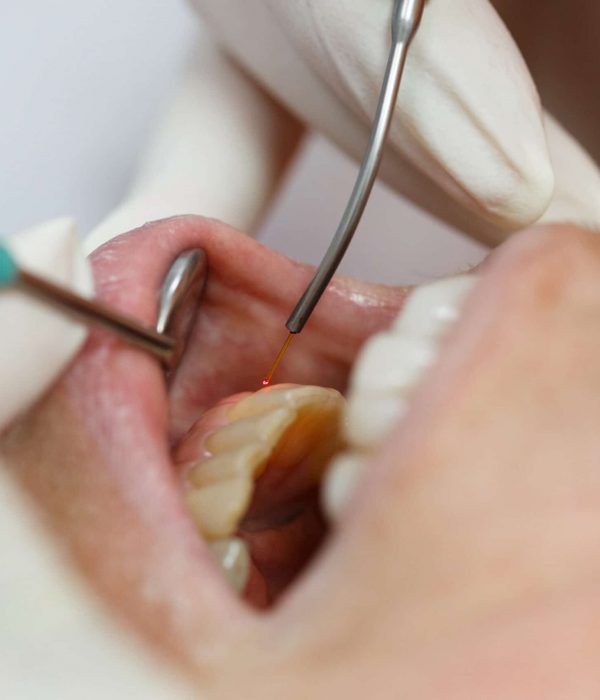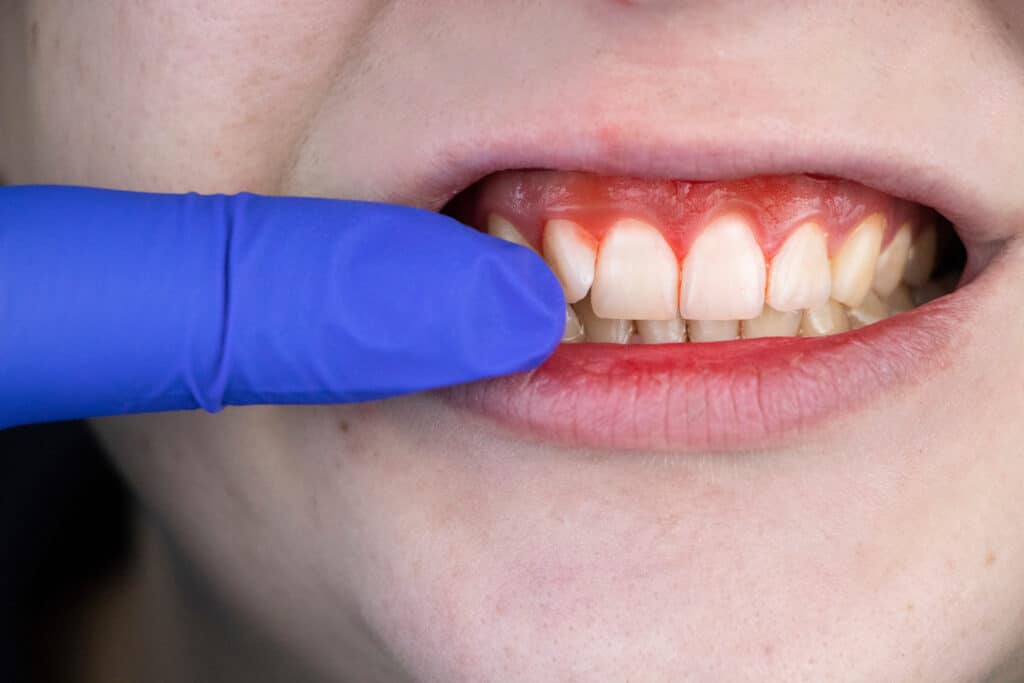What Do You Know About The Gingivectomy Procedure?
Corps
Surgery to remove the gingiva is known as a gingivectomy. When the gums have separated from the teeth and deep pockets have formed, a gingivectomy or laser gum surgery Houston is required. Plaque and calculus are challenging to remove because of the pockets. Gum disease typically does not affect the bone supporting the teeth before a gingivectomy is performed. The gum disease treatment technique involves removing and restructuring loose, diseased gum tissue to eliminate pockets between the gums and teeth.
Gingivectomy Houston creates visibility and accessibility to properly polish the tooth roots and remove calculus by eliminating the pocket walls. It fosters a favorable environment for gingival healing and gingival contour restoration. Although gingivectomy was initially created to treat periodontal disease, it is now frequently performed as cosmetic surgery.

How do dentists perform gingivectomy procedures?
According to a gingivectomy dentist near me, a gingivectomy is a dental procedure that surgically removes extra gum tissue with no exposed bone beneath. Following surgery, the teeth and gums are covered with a periodontal dressing to help them heal. The patient could feel pain during the surgery, but usually not afterward. In some cases, dental veneers may be applied during this process to help improve the number of visible teeth.
The affected area is washed with saline and specific rinses before the diseased tissue is cut away and removed. The remaining gums are stitched back in and around the teeth. A local anesthetic is given to keep the patient at ease throughout the treatment. Dental Office Houston Tx applies a surgical dressing or pack to the teeth and gums. For roughly a week, this dressing remains in place. Gargling with an antimicrobial mouthwash can accelerate the healing process.
What are the risks of gingivectomy procedures?
The complications and risks of gingivectomy may include Minor pain and discomfort, and infection is the most significant risk. Before and after their gingivectomy, those more prone to infection might need antibiotics to stop it. Additionally, they must follow a stringent oral hygiene routine before and after the treatment.
To avoid the accumulation of bacteria, a dentist or doctor may advise a patient to brush and floss their teeth frequently. Ask your surgeon at Houston Dental Clinic any questions concerning the operation. They will be able to describe what will occur during the gingivectomy and discuss any dangers in advance.

How to recover from a gingivectomy procedure?
You must be able to return home without delay. Since your dentist will likely use just local anesthetic, you can typically drive yourself home. When the numbing wears off a few hours after the treatment, you might not feel pain immediately, but it might be more intense or linger. An over-the-counter painkiller may help reduce the discomfort.
Your gums will likely bleed for a few days as well. As soon as the bleeding stops or before your dentist suggests that your gums can once again be exposed, change any bandages or dressings. Before sending you home, your dentist or a dental assistant should instruct you on replacing any bandages or dressings.
Conclusion
The above article informs us about the gingivectomy procedure and how periodontists perform it. For more valuable facts and details, please visit laserdentistrynearme.com.
Article source : https://www.transitsblog.com/what-do-you-know-about-the-gingivectomy-procedure/












commentaires